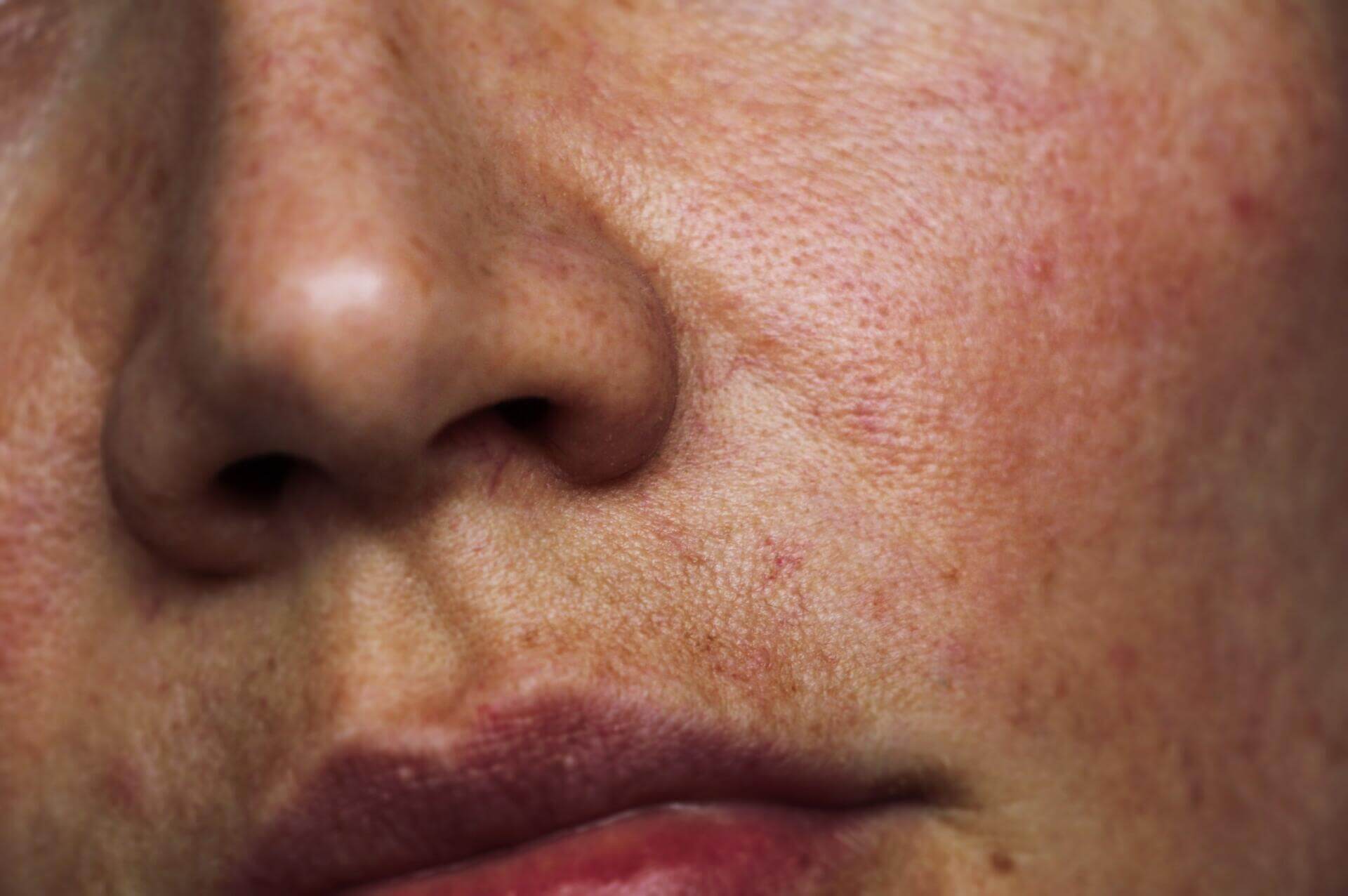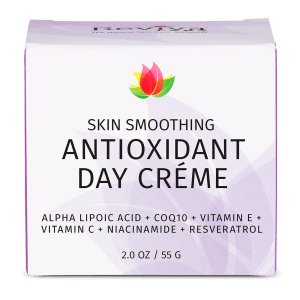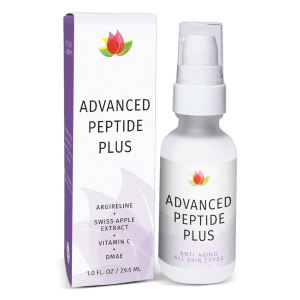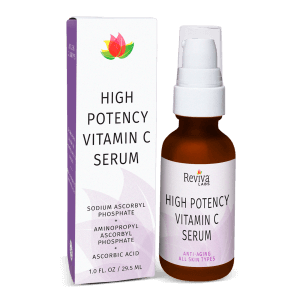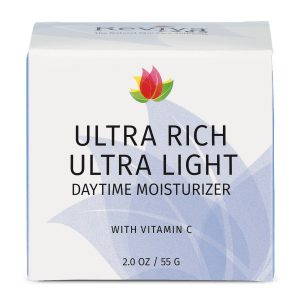Most of us have heard about getting lots of Vitamin C in our diets to promote good health. In fact, many of us reach for the orange juice or Vitamin C supplements at the first sign of a cold, in the hopes that an “extra dose” of this powerful vitamin will make our symptoms less severe or our cold shorter. While there is no evidence that Vitamin C can help lessen the severity or shorten the duration of a cold, there is plenty of evidence that this crucial vitamin with its potent antioxidant power helps keep the body strong and healthy.
Where is Vitamin C found?
While the orange and other citrus fruits are the most common sources of Vitamin C, it can also be found naturally in many fruits and vegetables, such as cantaloupe, Brussels sprouts, strawberries, and green and red peppers. Getting a sufficient amount of Vitamin C is important, as it helps the body absorb iron, and helps maintain bones, muscle tissue, and blood vessels. And Vitamin C also assists in the formation of collagen – the main structural protein in our bodies. Not only is it important to obtain sufficient amounts of Vitamin C through diet, but it’s also extremely beneficial to use Vitamin C topically to keep your skin protected and healthy.
Vitamin C and its powerful antioxidant action
Free radicals are molecules that cause tissue damage, and thus, are responsible in large part for aging skin. These free radicals are atoms that are missing a paired electron. With out its electron pair, a free radical “steals” an electron from the proteins found in collagen. Over time the damaged tissue caused by free radicals cause wrinkles and aged looking skin. Vitamin C generously donates electrons to avoid free radicals, neutralizing the atoms that ultimately age your skin. In this way, Vitamin C is great at protecting your skin from harmful environmental pollutants and sun damage. The really good news about Vitamin C (the most commonly-used form in skin care is Ascorbic Acid) is that it can help prevent skin damage before it occurs, as well as helping to treat existing damage. When formulated properly, especially with other antioxidants, Vitamin C can help brighten and even out skin tone, protect your skin from environmental stresses, aid in hydration, and help keep your skin looking younger overall.
Is there a downside to using Vitamin C?
The only downside to Vitamin C is that, like all other antioxidants, it is susceptible to damage. This harm comes from regular exposure to both sunlight and air. Any high-quality skin care product containing Vitamin C should be in a container that is airtight, and protects the formula from sunlight. Reviva Labs is a big believer in the topical benefits of Vitamin C. You can find an assortment of products containing this potent antioxidant, so browse around and find the one that suits your skin.





